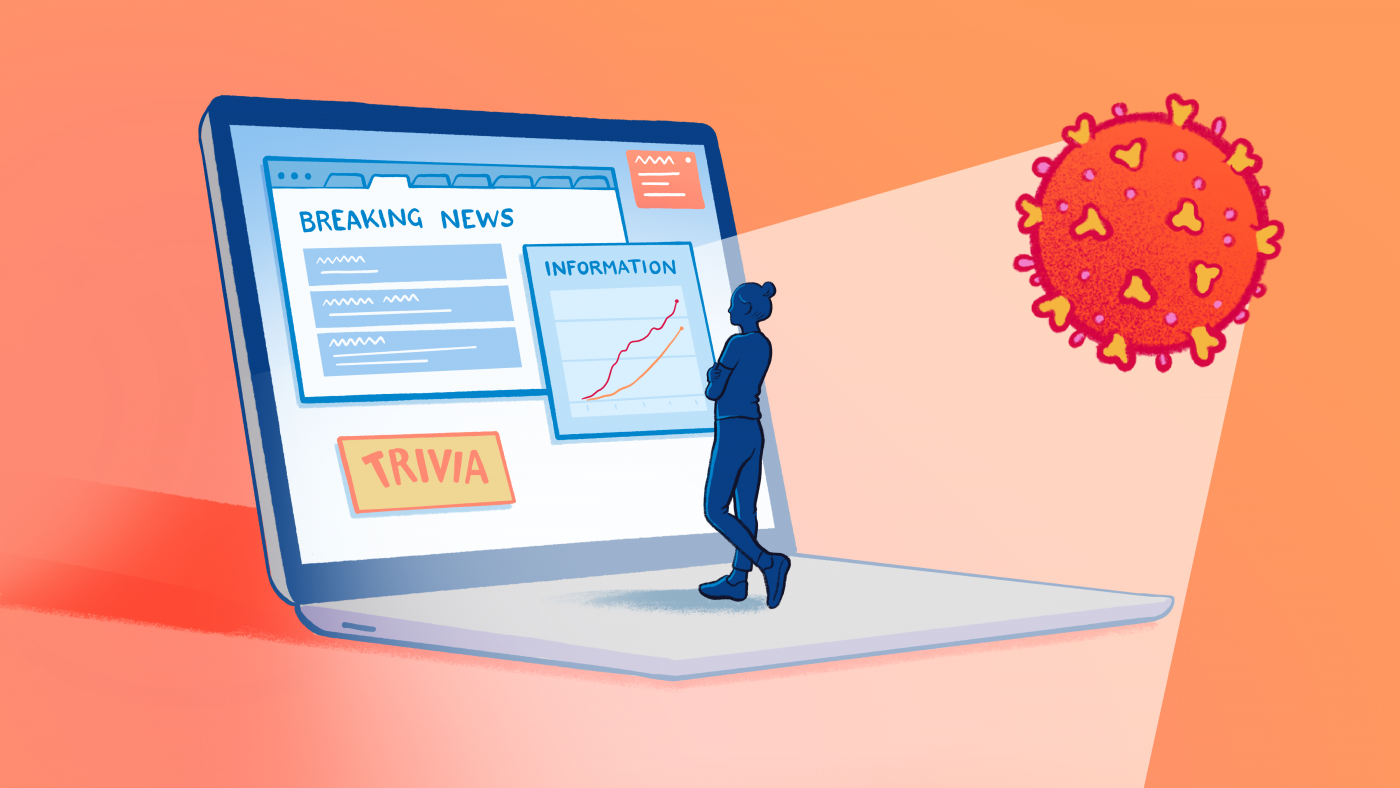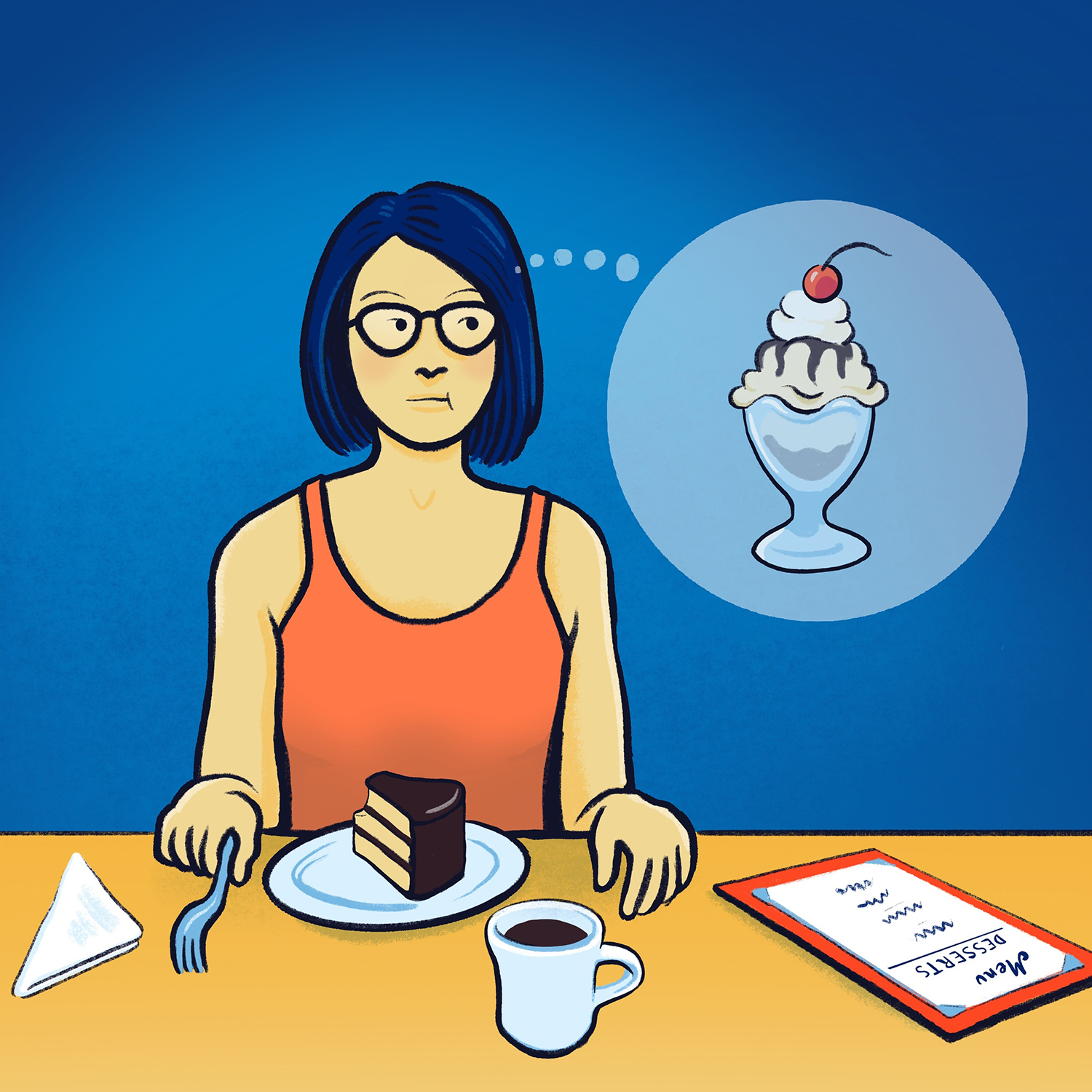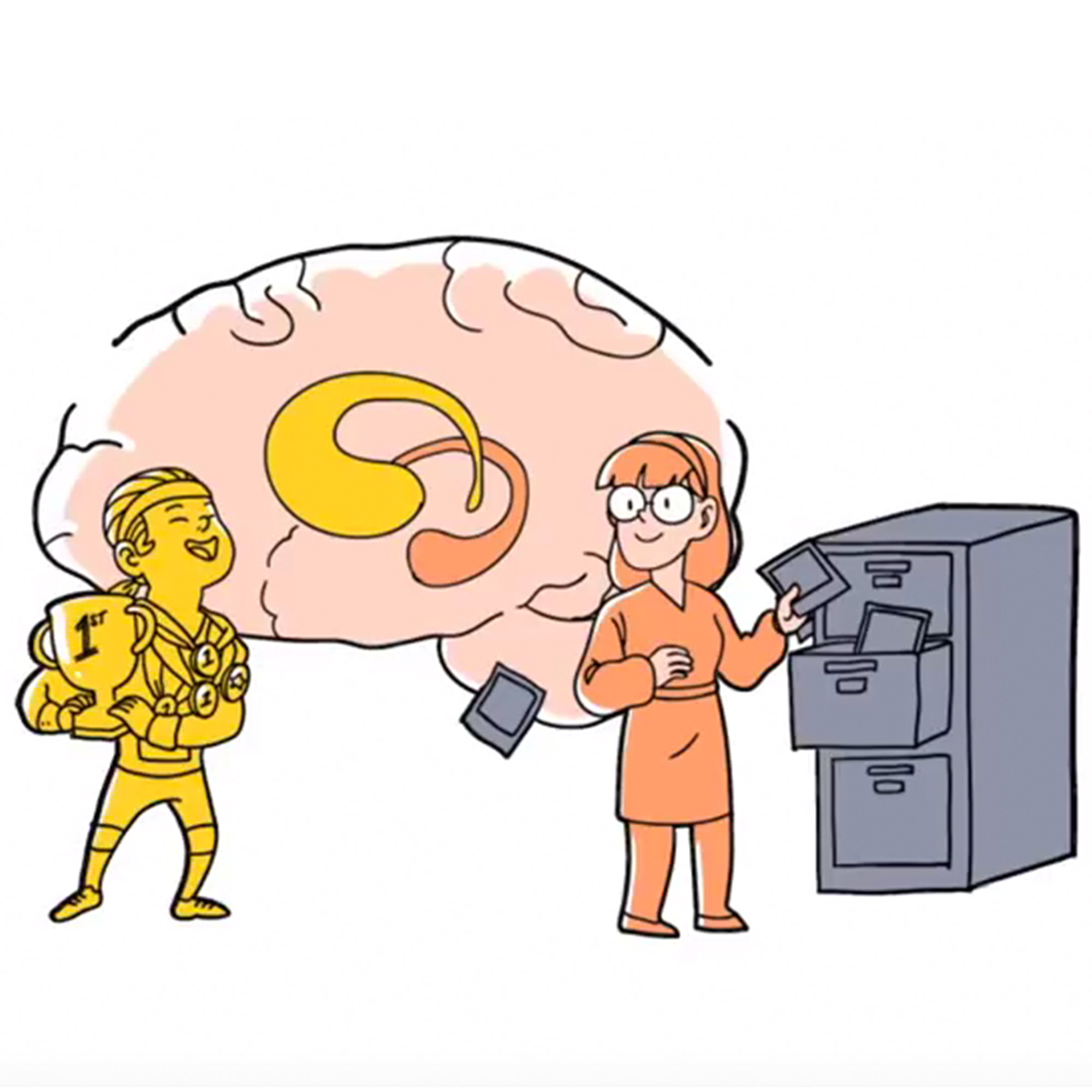NEW YORK – The arrival in late 2019 of a new and dire public health threat, COVID-19, stands as a before-and-after moment for the world. For a team of psychology researchers, it also offered a unique scientific opportunity to investigate what drives people to seek information.
“Suddenly, many people were curious about the virus and its epidemiology, a topic they knew little or nothing about before, but that they now were motivated to learn about,” said Yaniv Abir, a graduate student in the lab of Kavli Professor of Brain Science Daphna Shohamy, PhD, also the associate director of Columbia University’s Zuckerman Institute and codirector of Columbia's Kavli Institute for Brain Science.
Abir, Dr. Shohamy, Ran Hassin, PhD, of the Hebrew University of Jerusalem and several colleagues have discovered that when people are motivated to track down specific information that is useful to them, in this case information about COVID-19, their minds become energized to take in information about other subjects. Published today in Nature Communications, the research builds on previous work that studied motivation in rodents: research from half a century ago showing that a hungry rat will pursue not just food, but also water—even if the rodent is not thirsty.
“The animals’ motivation to find food expands into a general motivation to take actions,” said Abir, first author on the paper. “We wanted to know if that same dynamic held for people motivated to seek information.”
All in-person lab studies were shut down in March 2020. To explore this possibility, therefore, the research team developed a web-based experiment in early 2020, shortly after the pandemic had arrived in New York. Using Amazon Mechanical Turk, an online crowdsourcing framework, they reached nearly 5,400 people across the United States.
In the experiment, the researchers first presented participants with two types of questions: 52 about COVID-19 (e.g., What is the most effective measure to prevent infection with the coronavirus?) and 52 general trivia questions (e.g., What popular snack food is effective to use as kindling to start a fire?). People could choose to wait a few seconds to get an answer to each question—or skip the answer. This choice measured each participant’s motivation to find out the answers. A subsequent step of the experiment assessed participants’ general anxiety and their more specific anxiety about COVID-19.
Participants who reported being more anxious about COVID-19 (controlling for general anxiety) were more willing to wait for answers to COVID-19 questions, the data showed. Those same people rated the COVID-19 answers as more useful and satisfactory than did people who were less anxious about COVID-19. It was reassuring to confirm with data that people can do what it takes to find the information they think they need, Abir said.
But there was a surprise finding, too. Compared to people who were less anxious about COVID-19, the COVID-19 worriers also tended to wait for answers to trivia questions and rated that information as more useful. This suggested to the researchers that motivation to seek specific information may generalize so that your mind also becomes more open to seeking out other sources of unrelated information.
"What we see here is that a hunger for specific information opens up a more general motivation to seek out information," said Dr. Shohamy. “This mental strategy could be especially useful in uncertain situations in which we don’t know exactly what data we will need to answer our questions.”
There are limitations to the study, Dr. Shohamy and her coauthors point out. The data cannot rule out the possibility, for example, that COVID-19 worriers are different in other ways that could explain their behavior. That’s why the researchers plan to follow up with carefully controlled lab experiments.
In the meanwhile, the results indicate that if we want to better understand how people seek information, we might start by gauging people’s motivational states. Doing so could have practical implications.
“The energizing effect we document could be of interest in situations where stimulating people’s information-seeking is desirable, as is the case in public education campaigns, or in the classroom,” the team writes in their Nature Communications paper.
###
This paper, “An energizing role for motivation in information-seeking during the early phase of the COVID-19 pandemic,” appeared on April 28, 2022, in Nature Communications.
Additional contributors include Caroline B. Marvin, Camilla van Geen and Maya Leshkowitz.
This research was supported by a Templeton Foundation Virtues of Science grant (#60844)
The authors declare no competing interests.



